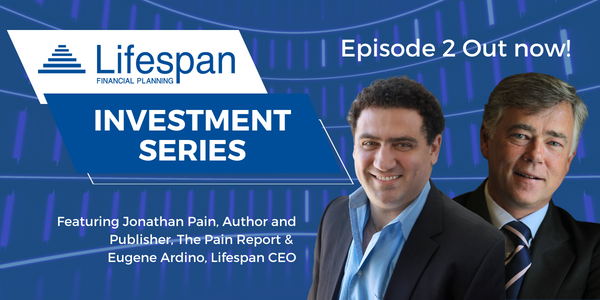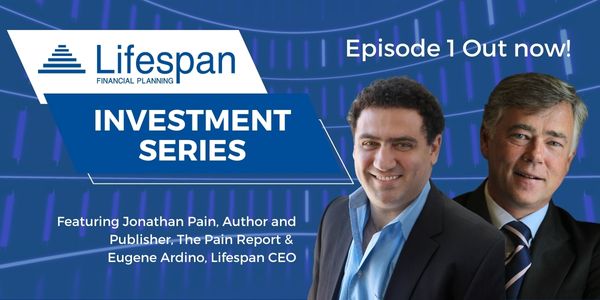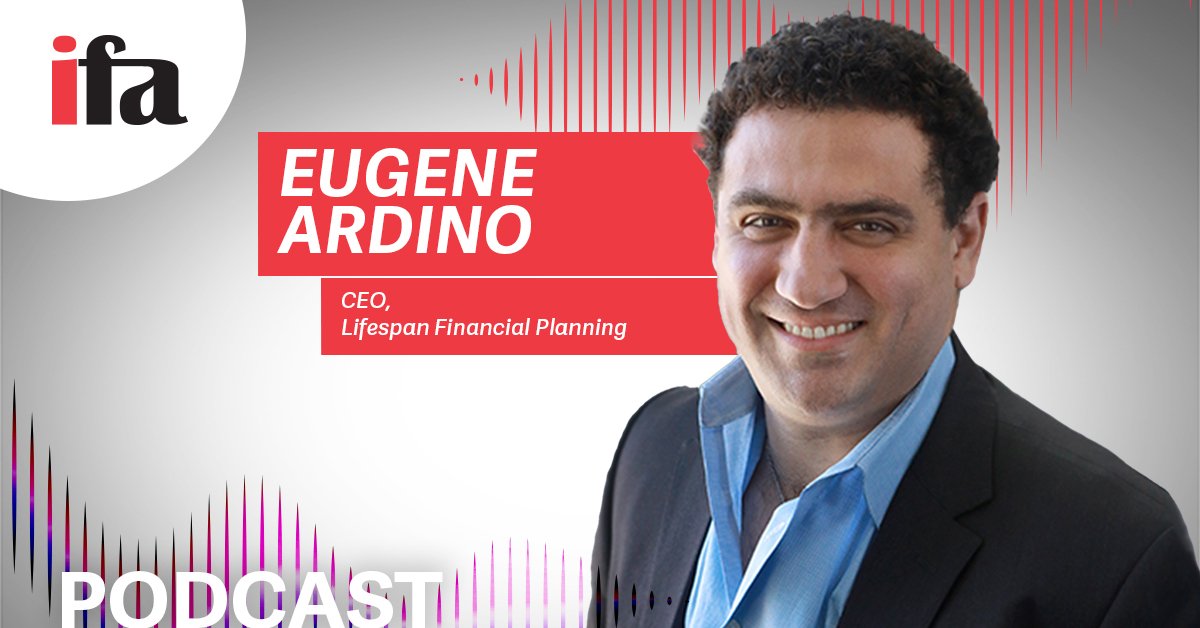by Lyndal Higgins, as seen in ifa magazine online – click here
Why is social media important for Financial Advisers?
Financial advisers may have hoped that social media was a passing fad, however, it’s difficult to keep hiding behind the argument that “my clients don’t use social media”. Global figures reveal a different story, with a 10% increase in social media users over the 12 months to January 2022, or more than 1 million new users per day[1]! Not only that, but each day we spent on average 2 hours and 27 minutes connected on social media!
Social media enables you to engage a variety of senses – written, visual, audio, or a combination. Whether tweeting on Twitter or posting on Facebook, LinkedIn, or Tik Tok, social media offers you an opportunity to connect and grow your relationship with your audience.
That relationship is key. In-person relationship marketing, such as networking or referral marketing, is all about being social and building connections with two-way conversations. Social media facilitates online relationship marketing, using social engagement to build relationships, with an approach that is both scalable and more efficient.
How can financial advisers use social media to grow their business?
With 86% of US financial advisers reporting that social media activity has helped them gain clients[2], you may well be asking, “How can I use social media to grow my business?”.
You can’t expect to post a single tweet and instantly gain a client. It requires a series of ongoing interactions, to build the know, like, and trust relationship. With the aim over time to become a trusted source of credible information and solutions, which culminate in a client or referral opportunity.
As a proof point, in Australia, Yellow Social Media Report 2020 found over half the consumers said they are more likely to trust brands if they interact positively with customers on social media (51%), make their content engaging and relevant (54%), and keep content regularly updated (53%). If your target market is females aged 18 to 40, these figures jumped to over 60%.
The benefits social media offers as a relationship marketing strategy are efficiency and scalability, especially for small businesses.
- When you find, create, and share relevant content with your target audience via social media, the effort is substantially the same, whether you reach one or one hundred prospects.
- Social media activity can make in-person meetings with prospective clients more efficient. People who meet with you will already have had a chance to get to know you and get comfortable with you and understand what to expect.
- Likewise, it can also work to efficiently filter out those prospects that are not within your target audience, with whom you don’t want to establish a connection.
- The greatest social media success ultimately builds on itself, as people clients, and prospects who follow you, share information with people, like them, who follow them. As your social media audience grows, the results can increase exponentially.
This is true not only for connecting with your potential clients but importantly for maintaining an ongoing relationship with your existing clients, who can be your greatest referral sources.
Often your existing clients may mistakenly believe that you are simply too busy, and don’t need them to refer clients. Social media can help remind them that you are looking for referrals of people just like your existing clients.
Before you start with social media, what is it important to know and do?
The first thing to think about when you’re looking at developing a relationship is, who do you want to develop a relationship with?
It’s important to clarify who you serve (your target market/preferred client), what you do for them (not simply a list of the services you offer), and how you help. It’s valuable to have an ecosystem of marketing resources that all tie back to your website, working together to amplify your efforts, and results.
The golden rule of effective communication – know your audience!
Defining and understanding your target market helps you to develop clear compelling communication that attracts ideal prospects to you. Almost two thirds of investors think financial advisers all sound alike[3], making the same promises, and making it difficult to distinguish between them.
How do you stand out? Be relevant and valuable.
The more you know and understand your preferred clients, the better you will be able to uncover their needs and wants, engage with them and be relevant and valuable to them. It’s important to invest both time and resources in understanding not only what your preferred client’s life looks like, but also in understanding their hopes, dreams, and fears. Your communication should reflect this.
So, you know your intended audience, what next?
Ask them where they spend their time online. Make sure you broadcast where your audience are, and that it’s a platform you’re comfortable and confident using.
Social media offers a dynamic way to tell a story and share content, and it’s important to be consistent in how often you communicate. Some examples of the types of content you can share include:
- Stories about clients like them, that tap into the emotions of the value you bring.
- Educational content informs clients about when they should be proactively reaching out for advice, rather than having to live with the consequences of poor decision making.
- Stories that add value to your clients and reinforce what you do and the value you bring.
- Your business is about your people, share stories and images of your team with your audience.
Remember, potential clients will check out your social media presence before they contact you and many of these will choose not to reach out because of what they see or hear. So, it’s critical to ensure everything you post reflects your value proposition, or don’t post it.
What you can do right now
Check your website for clarity. Does your brand and value proposition align with and reinforce the quality, look and feel that appeals to your ideal client? Your communication, online or otherwise, should focus on the person you seek to serve. It’s not about selling; it’s about solving problems and demonstrating value.
Get connected. Check that you’re connected with your existing client network via social media. It’s also important to ensure it’s easy to connect with you and to connect with the relevant information about you and your practice. This includes enabling prospects to book an appointment with you directly via your website.
Prioritise. As busy advisers, if you feel you ‘don’t have the time’, perhaps you can allocate time towards social media instead of other current marketing activities that may be less successful, effective, or efficient.
Reach out for assistance, contact Lyndal Higgins or Lisa Gregory @ Lifespan, Nicole Smith @ Socialisd.
[1] Digital Global Overview Report, January 2022 report by Hootsuite and We are Digital
[2] The Social Adviser, 2017 US report by Putnam Investments
[3] The Social Adviser, 2017 US report by Putnam Investments










